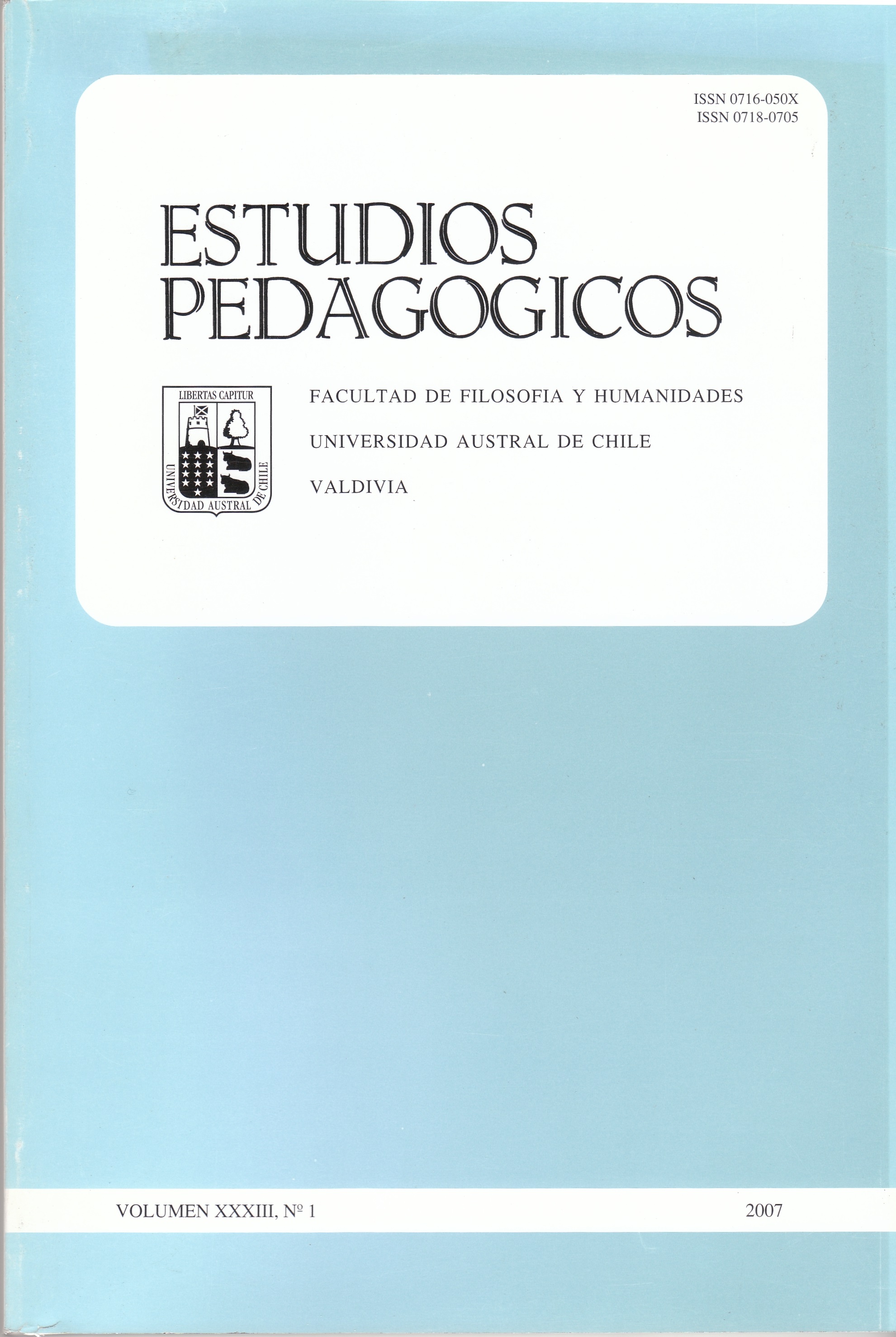On dynamic causal thinking: towards an educational perspective
Main Article Content
Abstract
In system dynamics, causal links between variables indicate the direction and the polarity of influence. An examination of the “popular” definition of polarity and the justification of the “complete” definition suggest that people think of variables in a static manner. A dynamic approach leads to a distinction between the variables’ basic behavior and their particular behavior due to one event. We find a large set of basic behavior configurations for two connected variables. The “popular” definition holds only for those 4 configurations that correspond to static basic behavior, but the “complete” definition classifies all of them appropriately. We propose a conceptual model of the configurations and 5 research challenges. We finish showing a design for educational use of the configurations.

